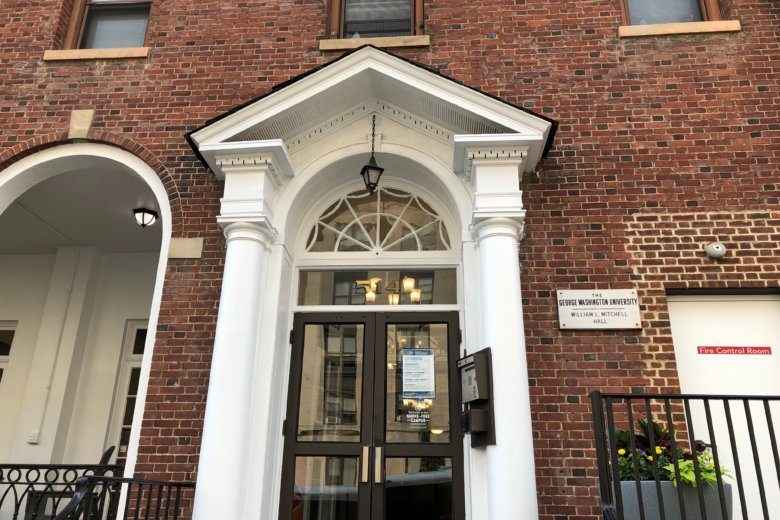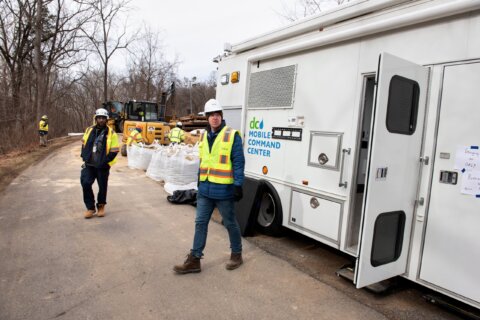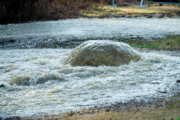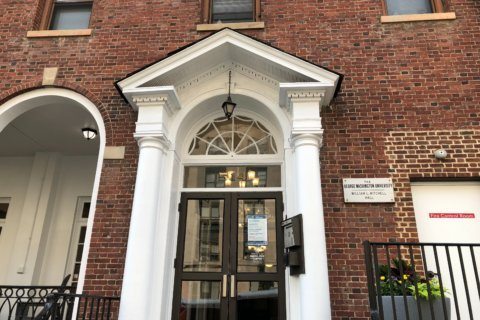
Since a construction project revealed dark mold underneath ceiling tiles at George Washington University, some residents have been forced to move out.
On Wednesday, the school revealed the results of air quality tests taken July 26 at the building on 19th Street Northwest, in D.C.’s Foggy Bottom neighborhood.
In an email sent to residents — most of whom are summer interns — the school said the test revealed mold levels more than six times higher than reference samples taken outside the building.
The school said the elevated levels of Aspergillus and Penicillium mold led to their decision to move all residents on the second floor of the building out.
Aspergillus and Penicillium are considered common molds that can lead to health issues in some individuals, especially those with weakened immune systems, according to the Centers for Disease Control.
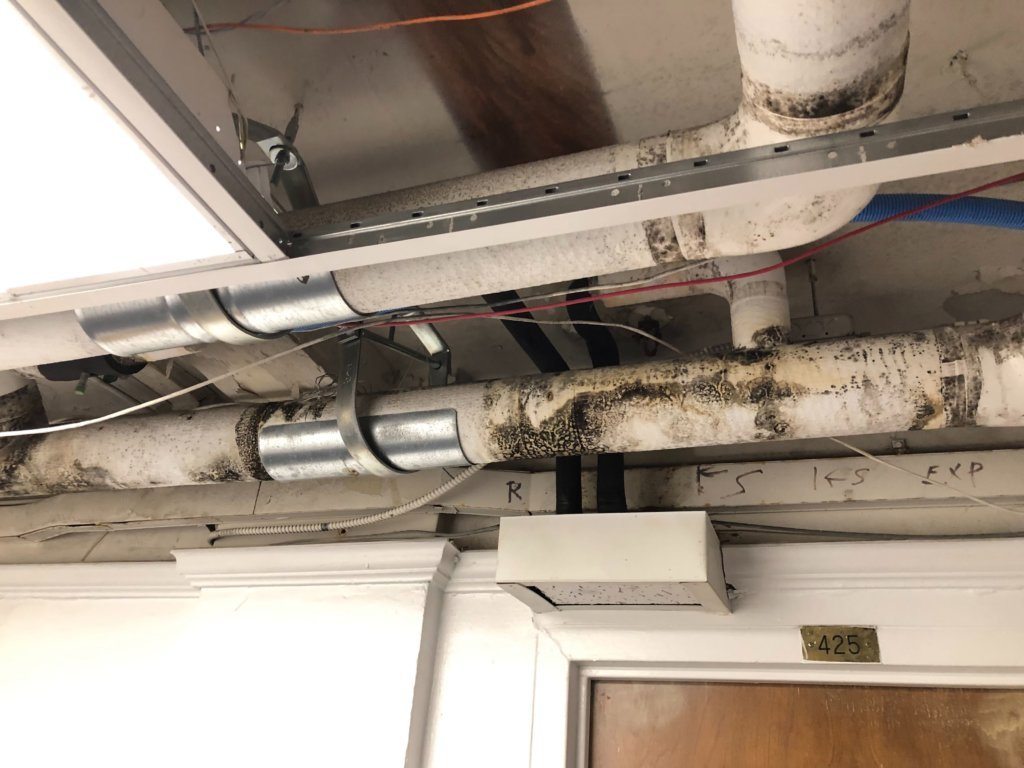
The school said a July 30 test found elevated levels only on the 6th floor, but the final results were “comparable to the exterior samples,” so a decision was made not relocate people living on the that floor.
Crystal Nosal, a spokesperson at George Washington University, said residents on the second level were moved out at the beginning of the week. Any resident not required to relocate could request to be moved.
This comes after a decision by the school last Friday to relocate residents on the 4th and 7th floor because work to remove the mold would block fire escapes.
In an email to WTOP, Nosal said the university sent out messages to residents “each step of the way,” but not all residents felt that was the case.
Madison Kelley, of North Carolina, who rented a room in Mitchell Hall for the summer, said she felt she had to wait too long for answers.
“How much mold there was, was it dangerous, basically asking if I needed to go to the doctor and get checked out,” Kelley said.
Residents who were required to move out were given $525 in compensation while others received $325, according to Nosal. Kelley believes the $525 she took home wasn’t enough.
“We should be refunded half, if not more, because we’ve been living within that mold for a very long time,” Kelley said.
Nosal said the credits given to those impacted by the situation were based on summer housing costs but urged anyone with concerns to contact GW’s Office of Risk Management and Insurance.
Kelley said she doesn’t plan to spend her final few days in D.C. fighting for more compensation, but does plan to tell other interns coming to D.C. to look elsewhere for housing.

